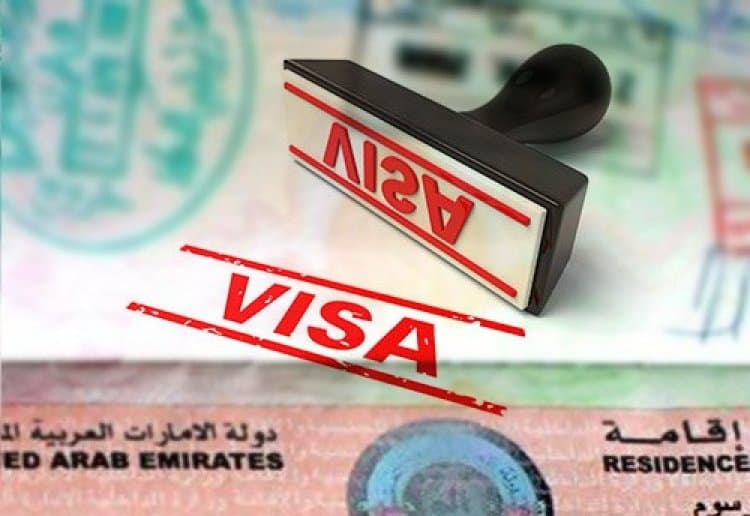
Overstaying in the UAE? Here's What You Need to Know
Various types of UAE visas are offered, depending on the purpose of visit, duration of stay, and passport type (i.e. place of origin), among others like business visa, tourist visa, transit visa, student visa, retirement visa, e-Visa for GCC residents and patient and their companion’s entry permits.
Each visa has its own set of expenses, service fees, and term of validity. The length of visa validity determines how long an individual can lawfully stay in the UAE. If the visa expires and the individual remains in the country, he/she is regarded to have overstayed the visa. The government offers options for changing status or extending the stay in any event.
Here are a few things you should be aware of regarding the visa expenses, overstaying, and modifying visa status in the UAE as part of the visa system:
Visa Fees
There are various types of visas, each with its own set of taxes and prices. An entry permit for a short-term visit (single entry), for example, costs roughly AED 1,523.90. A residency visa for a parent, on the other hand, would cost roughly AED 363.90 (if the resident is working in the private sector).
The processing period varies depending on the type of visa that is applied for. It usually takes two to three days. However, if an individual needs it in a hurry, there is a cost of AED 100 for “rush” applications. Visa fees might vary at any time.
Overstay Fees
Overstay fines can be applied to two groups of people in the UAE: ‘residents’ and ‘visitors.’
Fines for UAE residents who overstay their visas:
All residents of the UAE are given residency visas for a set amount of time, usually two to three years. The resident visa will expire once this time period has passed. The person will be given a thirty-day grace period to leave the country, or the visa will need to be renewed.
While in the UAE, a person can modify their visa status to that of a visitor. Overstay fees do not apply during the grace period, but after the grace period has expired, an overstay fine will be imposed.
If the residents stay after the grace period has expired, they will be fined:
- The first day costs AED 125, and each following day costs AED 25.
- After six months of overstaying, AED 50 will be charged per day.
- After a year of overstaying, AED 100 will be charged per day.
Fines for visitors to the UAE who overstay their visas:
The overstay penalty imposed on visitors who stay in the UAE after their visit visa has expired differs from the fine imposed on overstaying residents. The fines levied against them are higher than those levied against residents.
This type of visa also comes with a grace period. It is, however, quite limited, lasting only ten days and fines are charged per day. The visiting visa may be renewed or transformed into a resident visa during this time.
As service fees, AED 200 for the first day of overstay and AED 100 for each subsequent day will be charged.
Previously, a visitor visa holder had to leave the UAE to change their visa into a residence visa. Holders of all sorts of visas can now amend their admission status while in the country if they choose to turn it into a residency visa, thanks to UAE Ministerial Resolution No. 377 of 2014.
In order to avert penalties and late fees, this step should still be completed before the visa expires.
Modification of Visa status
Holders of all types of visas can change the status of their admission while in the country if they choose to convert it to a resident visa under Ministerial Resolution No. 377 of 2014.
After completing the minimum terms and conditions and paying AED 550 instead of leaving, the visa status can be changed to residency. The applicant must do this before the existing visa expires to avoid any fines.
Fortunately, the UAE Government even runs amnesty programmes occasionally, allowing overstaying citizens to change their status without leaving the country.
By Sania Kaushik
For any enquiries or information, contact info@thelawreporters.com